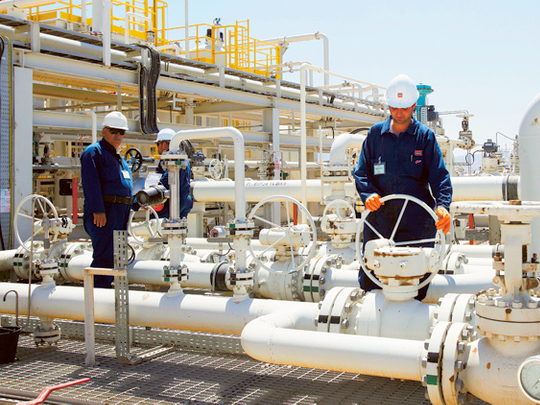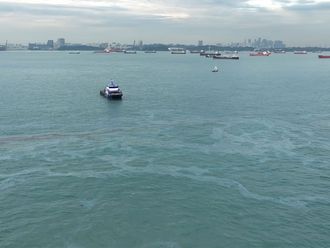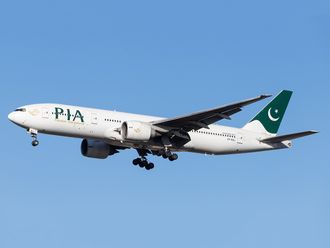
Washington: Oil markets are finally rattling after militants from the Islamic State of Iraq and the Levant (Isis) took over a series of key Iraqi cities this week, including the country’s second largest, and reportedly surrounded Iraq’s biggest oil refinery.
The insurgent drive poses little immediate threat to oil production or exports from Opec’s second-largest producer, which explains why oil prices haven’t exploded. But Iraq’s disarray, coupled with a series of stubborn crude-supply outages in Libya, Sudan, Nigeria and ongoing sanctions on Iranian exports, portends a summer of high oil prices with potentially dire effects on the global economy.
Depending on Iraq’s ability to rally its own security forces and successfully fight the group, the uprising could also upend Baghdad’s plans to increase oil production in other parts of the country and assert control over exports in the semi-autonomous northern region of Kurdistan. All that becomes hugely important when global oil markets are looking at growth in Iraqi production as the great hope to keep the world fully supplied.
“Iraq needs to deliver; it’s as simple as that. This is not good, irrespective of whether there’s a short-term impact or not,” said Amrita Sen, an oil markets analyst at Energy Aspects Ltd, an energy consultancy in London. “You need a lot of incremental supply increase from Iraq, which the current dynamics are saying is not going to happen,” Sen said.
After initially shrugging off the attacks, oil markets started to worry a bit this week. Prices for Brent crude traded in London rose slightly, to just under $110 (Dh404) a barrel; crude traded in New York also inched up to about $105 a barrel in early trading, before slipping a bit in the early afternoon. Oil markets got no relief from Opec, which concluded its regular meeting in Vienna pledging to keep output the same.
If oil prices haven’t skyrocketed even higher on news that a group so bad that even Al Qaida fights it has taken over a big chunk of territory in one of the world’s biggest oil-producing nations, that’s because Iraq’s oil production and exports are mostly in the south, far from the offensive. Iraqi government officials said this week that the state of emergency declared after the Mosul takeover won’t affect Iraqi exports.
One reason: The 400,000-barrel-per-day northern oil-export pipeline that snakes past Mosul on its way to Turkey has been out of commission since March because of terrorist attacks anyway, so the Isis offensive hasn’t taken any additional oil out of the export market yet.
In May, Iraq notched a near-record level of crude exports out of its Persian Gulf terminal in Basra, though overall Iraqi exports are still below the 2.8 million barrels a day reached earlier this year because of the damaged northern pipeline. Ongoing repairs on the pipeline have been disrupted because of the Isis offensive, raising questions over just when that export route will again be safe and operational, despite Iraqi promises this weekthat repair work continues.
But the bigger concerns are two-fold: The Isis offensive comes at a time when global oil markets could soon look tight due to supply disruptions in a number of big producers, and it could have important knock-on effects on Iraqi oil production over the medium term.
Although Opec seems content with global oil supplies, that’s largely because of continued growth in US oil production, which has risen more than 1 million barrels a day since the beginning of last year. But traditional suppliers are faltering: Libyan oil production has fallen to about 10 per cent of levels before militants took over eastern areas of that country; South Sudan’s modest oil production has roughly been cut in half by the civil war there; and Western sanctions are keeping roughly 1 million barrels of Iranian oil off the market.
Even before the latest news out of Iraq, oil-market observers were counting on Saudi Arabia, the world’s swing oil producer, to churn out record levels of crude later this year to cover the supply shortfall. It could be hard-pressed to make up those missing barrels and any additional Iraqi oil taken off the market by Isis. And whatever effort Saudi Arabia makes will ensure that oil markets are tauter and jitterier later in the year, magnifying the price fallout of geopolitical disturbances.
If the Saudis produce an additional million or so barrels a day, “there is no spare capacity in the system. So ultimately, the situation is very, very bullish” for future oil prices, Sen said.











